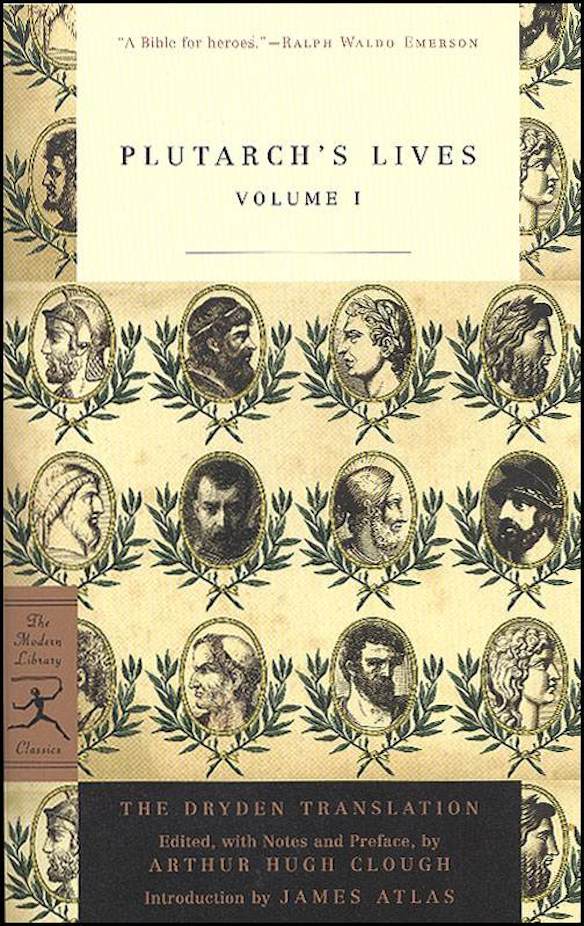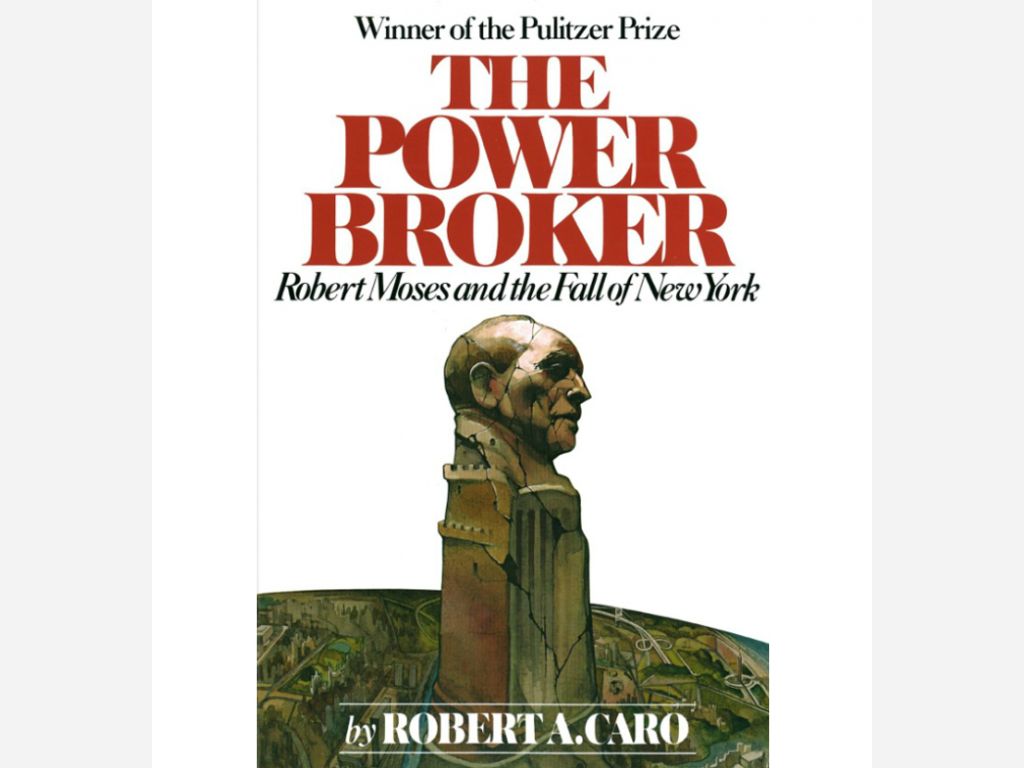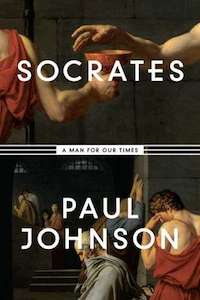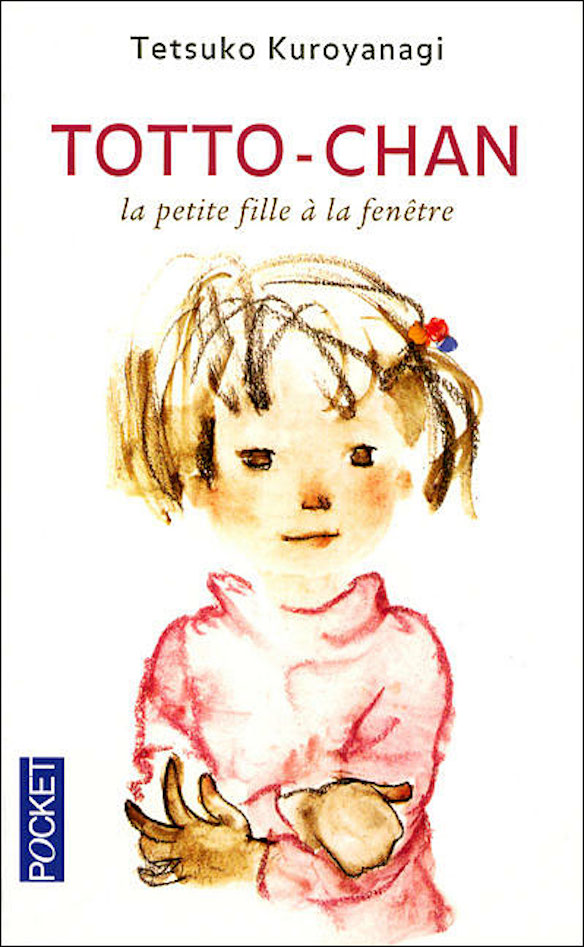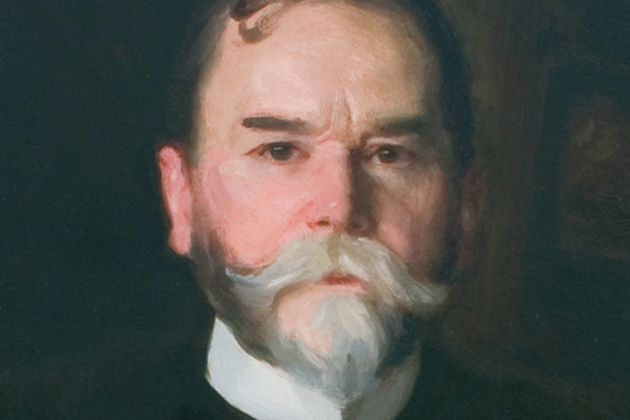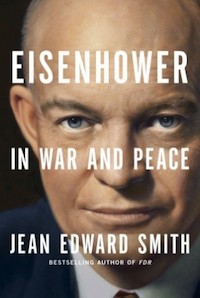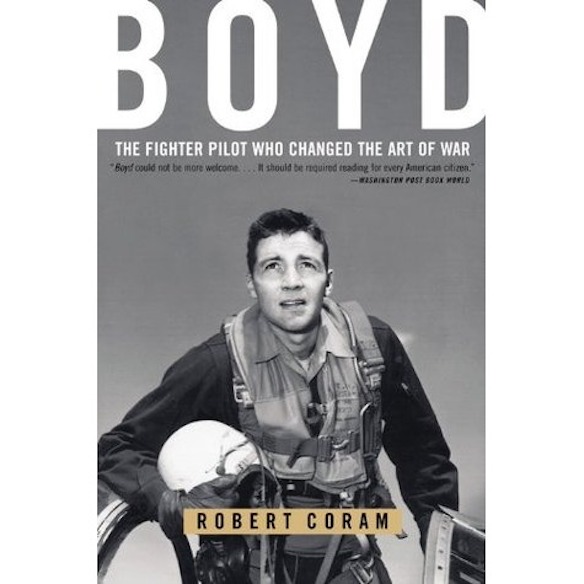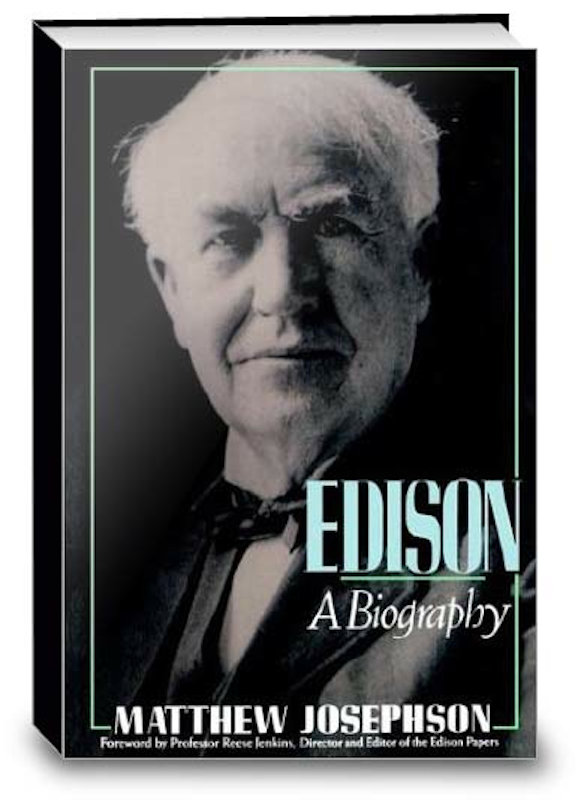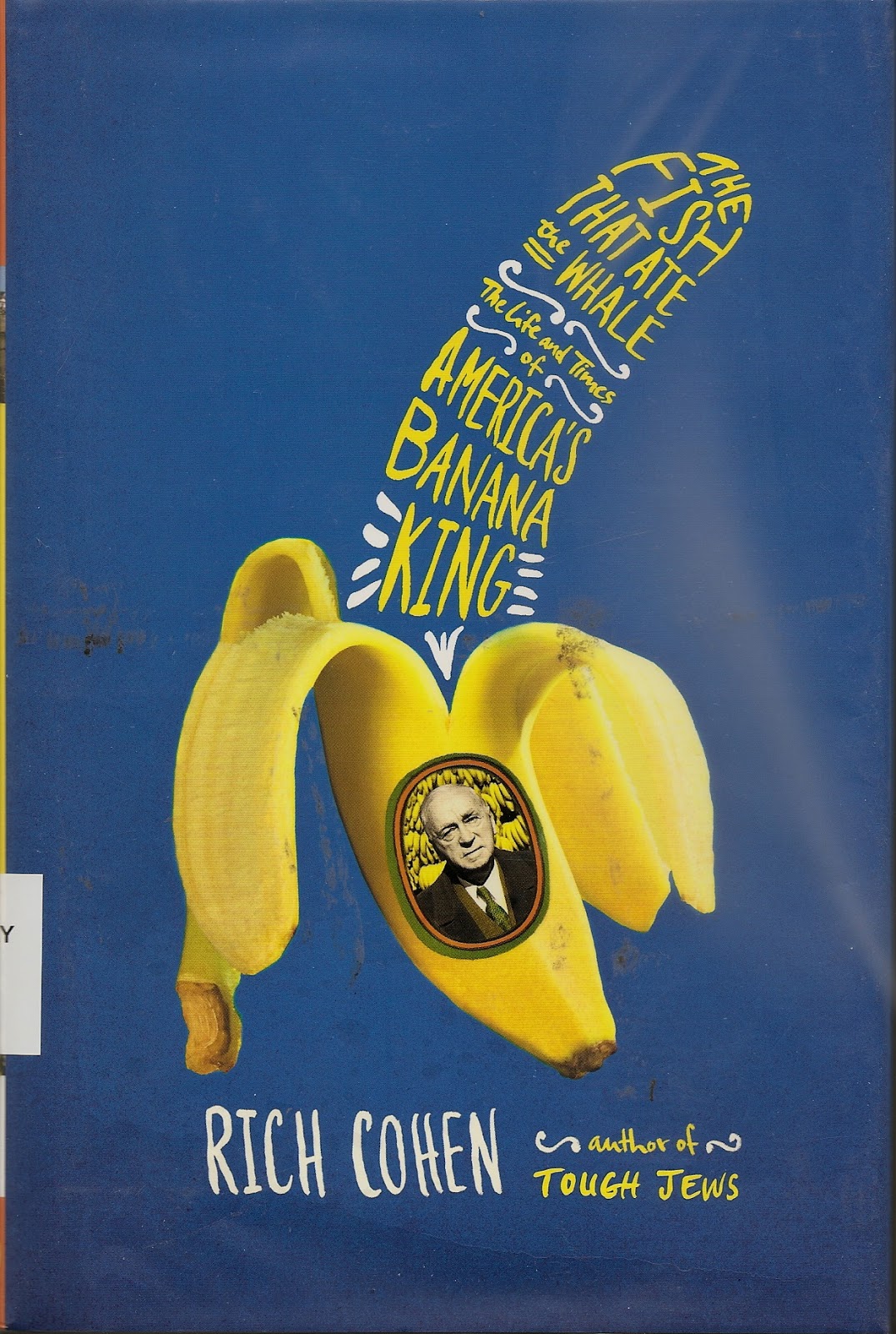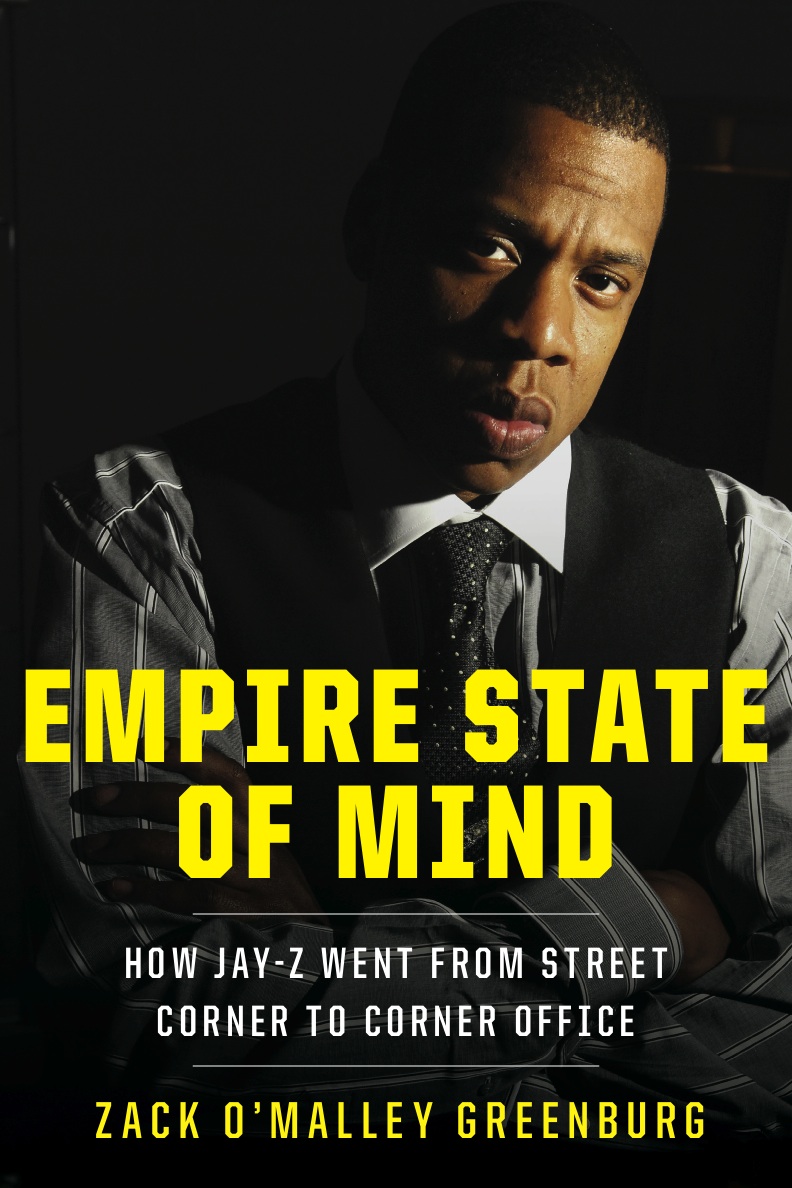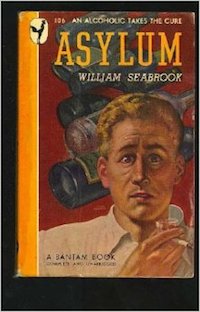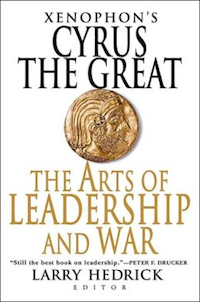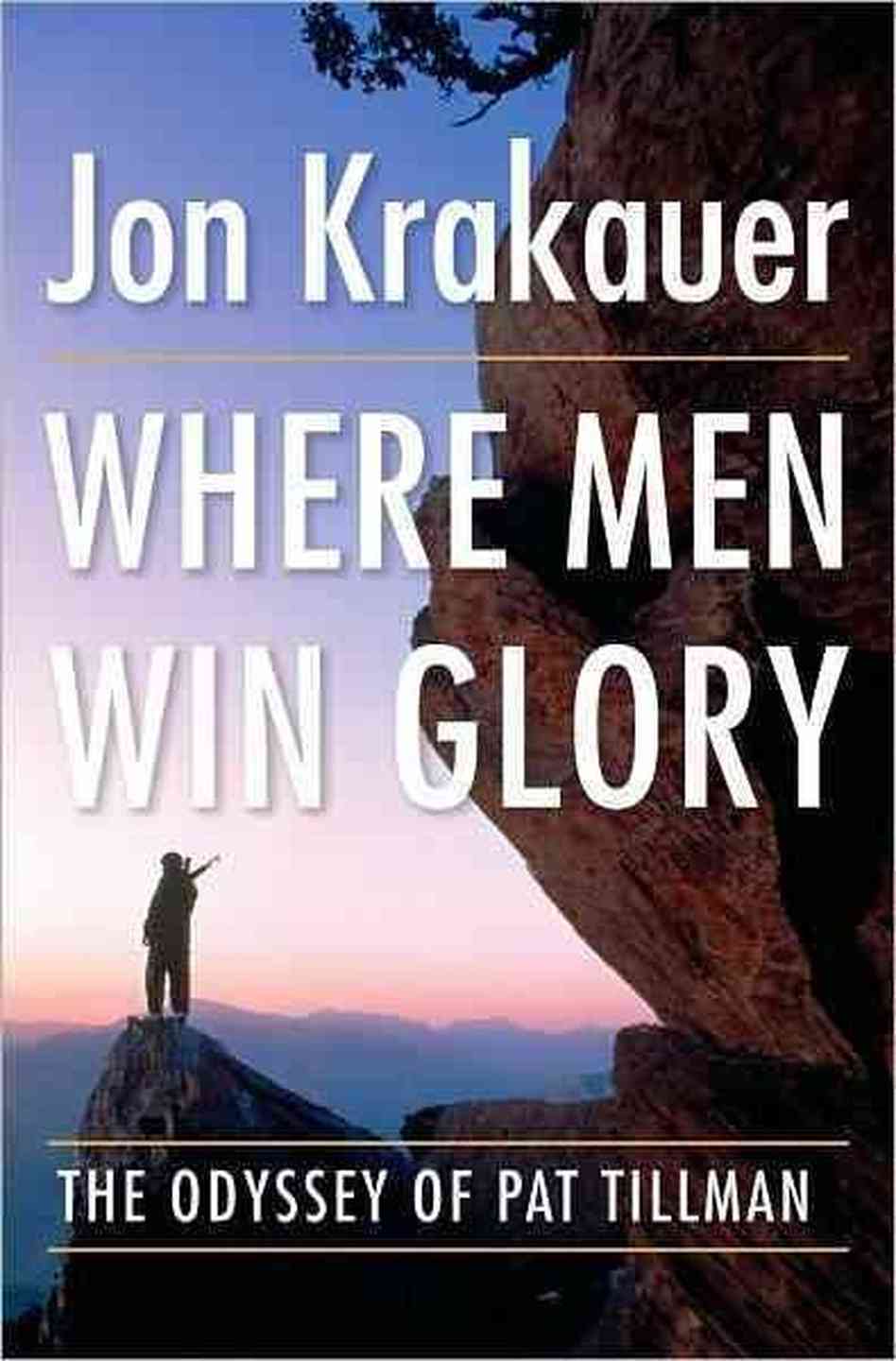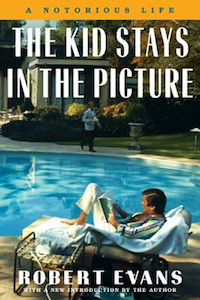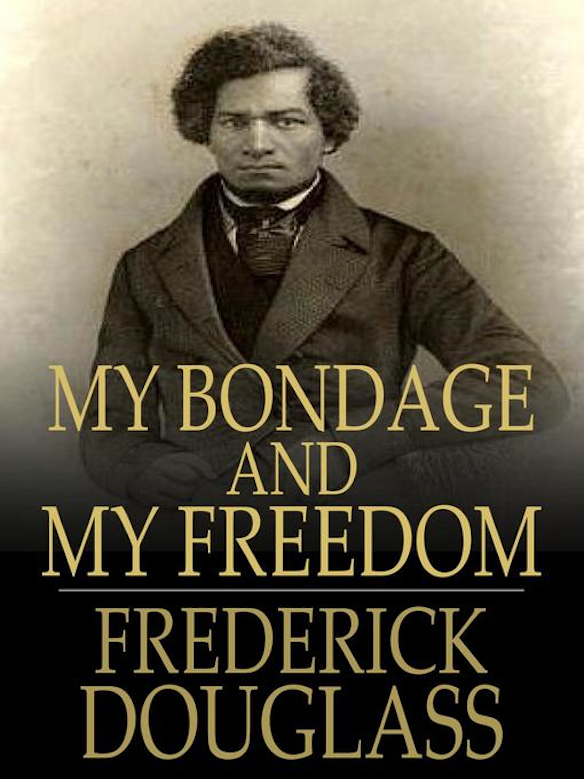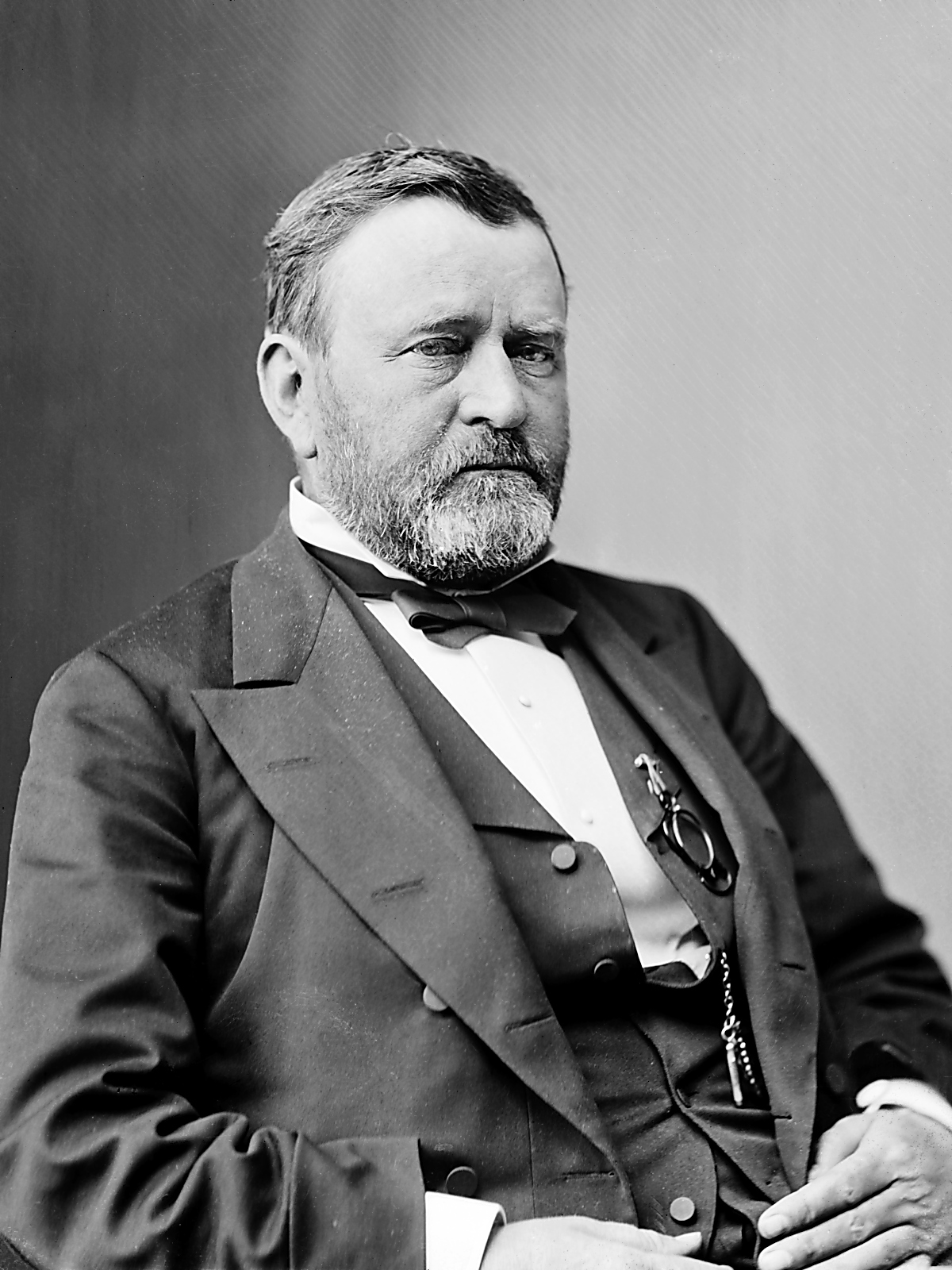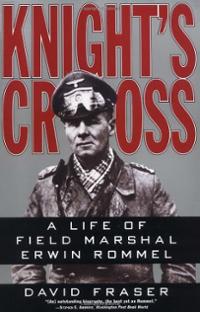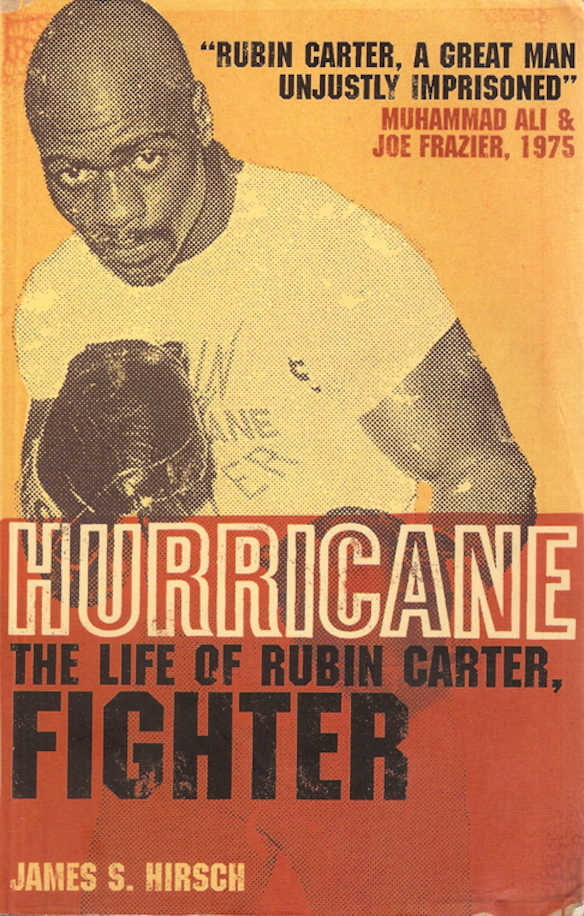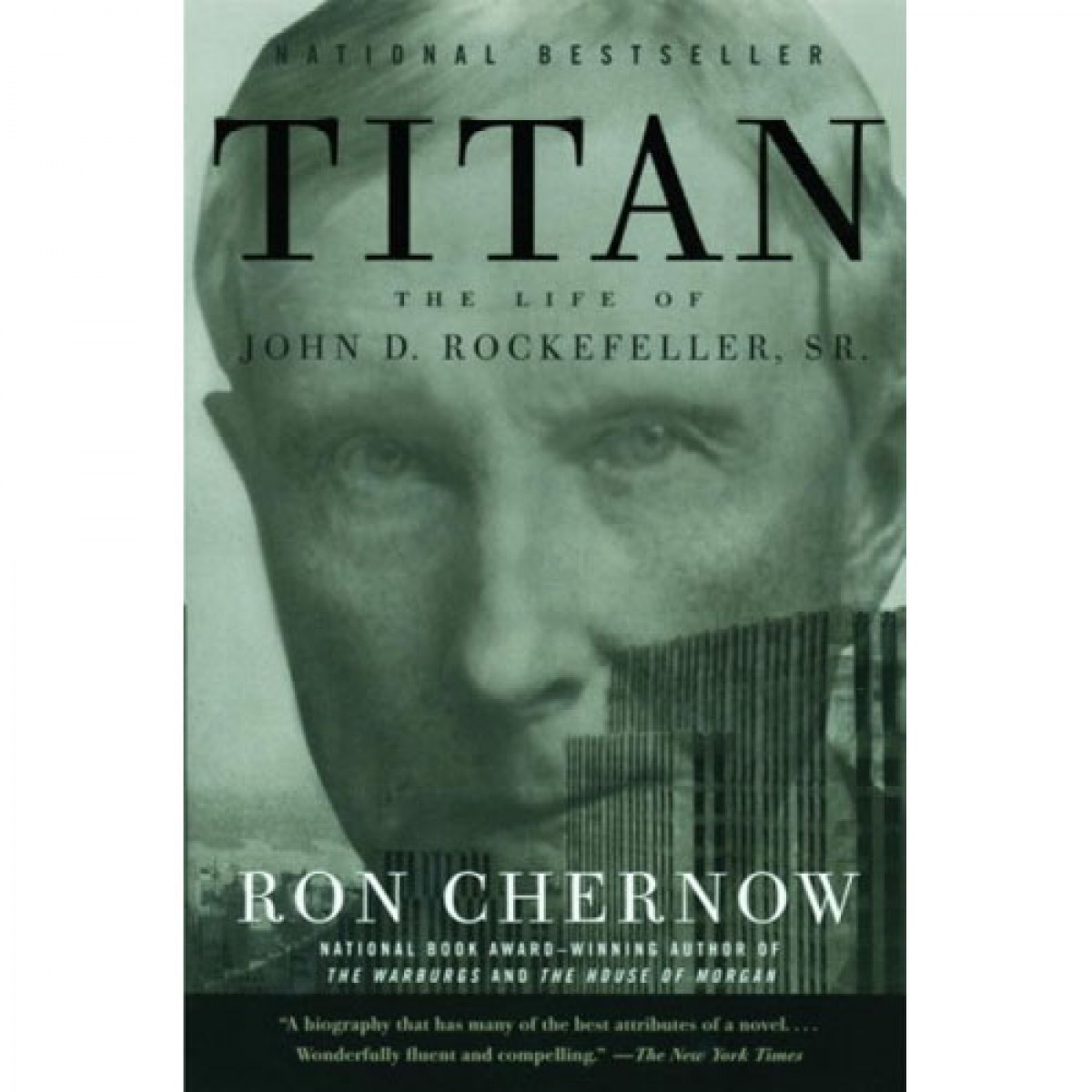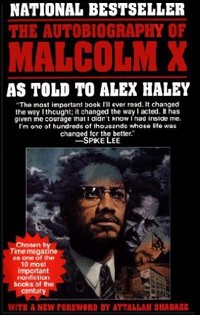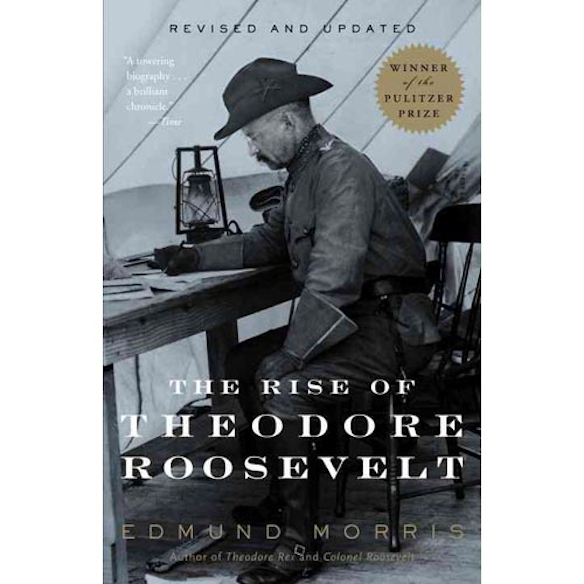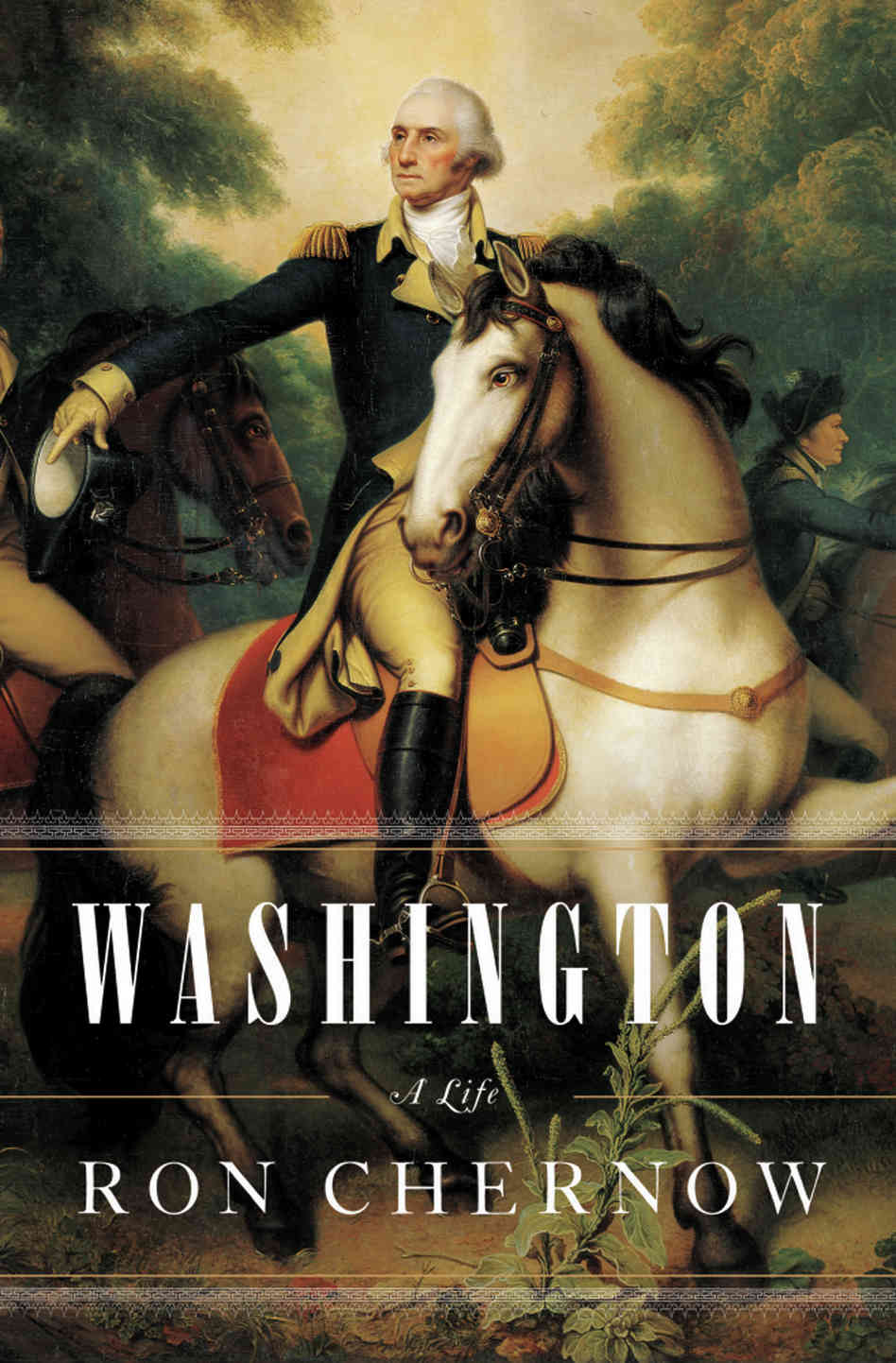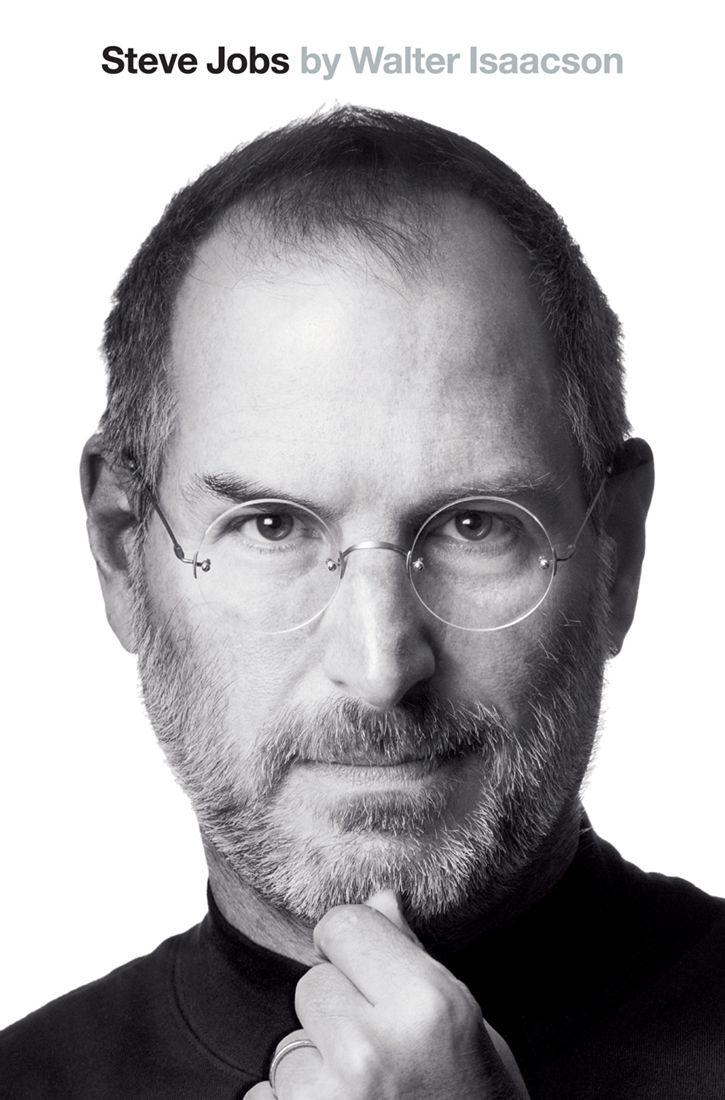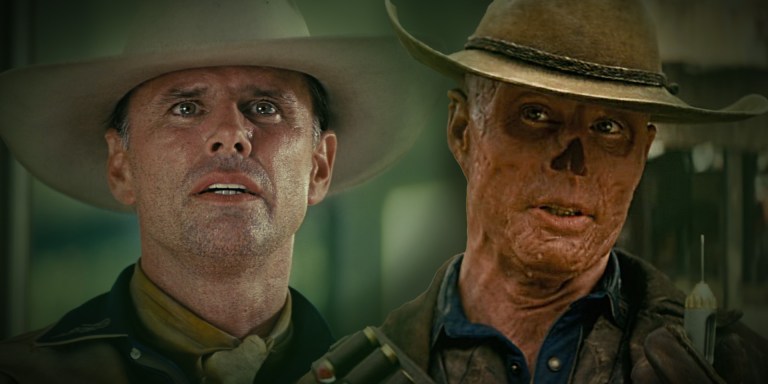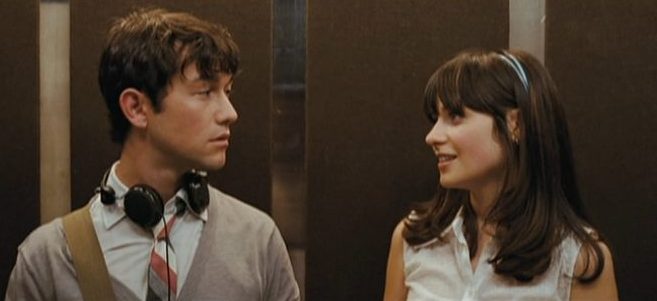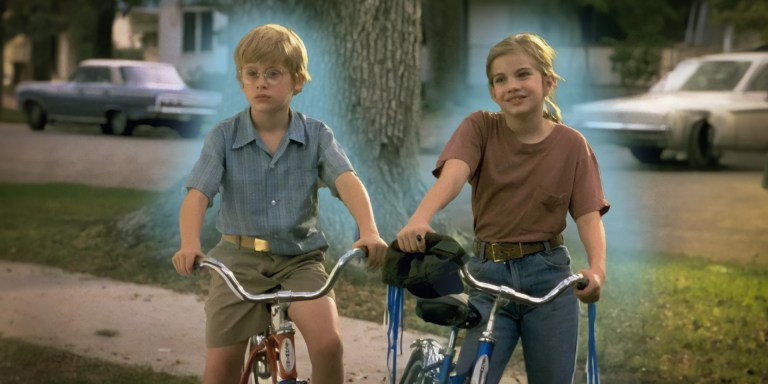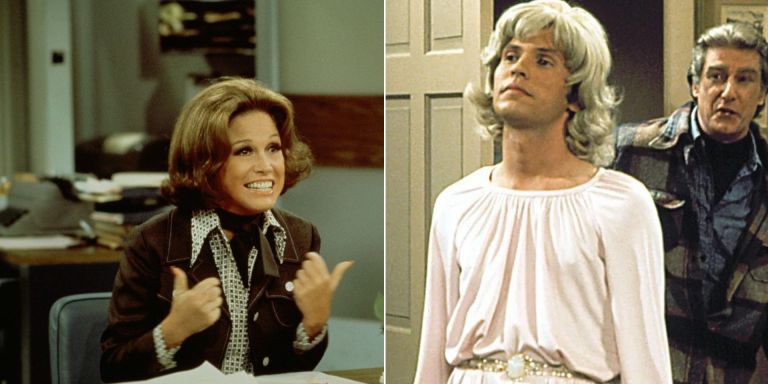
Smart people read biographies. Generalizations are usually worthless, but you can pretty much take this one to the bank.
Look at their libraries and you’ll see, one biography and memoir and autobiography after another. Of course, they read other things–it’s called being well rounded–but biographies are usually the core.
There’s a reason—it’s some of the most actionable and educational reading you can do. Think about it, a biography is a sweeping portrait of a life or a career. It covers vast swaths of material that the author must make immediately understood within the context of an individual and their life.
To understand George Washington, you have to understand the American Revolution. To understand Rockefeller, you have to explain the Gilded Age. To understand Amelia Earhart, the author must make real to the reader what it was like to be a woman in the early 1900s. Often times, they do it better than books specifically about those topics–because there is a narrative and a lens through which to access the themes.
Of course, a powerful biography—or autobiography—always has a moral. Whether it’s a rise and fall story, a story of redemption, a story of power corrupting, a story of love—every biography of a man or a woman teaches the reader. It teaches us to be like the subject or often, to be nothing like the subject.
I have not lived many years so my selection of biographies is only just getting started. I imagine I will take and add to these favorites the older I get and the more I read:
1. Plutarch’s Lives Volumes One & Two by Plutarch
There are few books more influential and ubiquitous in Western culture than Plutarch’s histories. Aside from being the basis of much of Shakespeare, he was one of Montaigne’s favorite writers. His biographies and sketches of Pericles, Demosthenes, Themistocles, Cicero, Alexander the Great, Caesar, Fabius, are all excellent–and full of powerful anecdotes.
2. The Power Broker by Robert Caro
Could the biography of the former parks commissioner of New York be the definitive study of power and legacy? Apparently, because this book is it. It’s 1,000+ pages and you’ll read and learn from every single one. It is incredibly long, but as one of the first books someone gave me when I moved to Hollywood, it holds a special sway over me. Like Huey Long and Willie Stark, Robert Moses was a man who got power, loved power and was transformed by power. We can learn from him–mostly what not to be and who not to become.
3. Socrates: A Man For Our Times, Napoleon: A Life, and Churchill by Paul Johnson
These are short, clear, but eye-opening biographies from Paul Johnson as part of a series. I strongly suggest reading all of them. Each is a fascinating figure for their own reasons. Paul Johnson is the kind of author whose sweeping judgements you can trust, so you leave this book with what feels like a very solid understanding of who his subjects are a people.
4. Totto-Chan: The Little Girl at the Window by Tetsuko Kuroyanagi
The book has sold something like 5 million copies in Japan, which is insane. Totto-Chan is a special figure in modern Japanese culture—she is a celebrity on par with Oprah or Ellen, with a magazine, news show and exalted position to boot. The book describes a childhood in pre-WWII Japan as a poorly misunderstood girl who obviously suffered from attention disorders and excess energy. It wasn’t until she met a special school principal—unlike any I have ever heard of—who finally GOT her. And I mean understood and cared about and unconditionally supported her in a way that both inspires me and makes me deeply jealous. If only all of us could be so lucky…
5. All the Great Prizes: The Life of John Hay, from Lincoln to Roosevelt by John Taliaferro
I had this recommended to me by a random old lady in an elevator in Austin. I suppose you never know where good book recommendations come from but this one turned out to be fascinating surprise. In his early 20s, John Hay started as a teenage legal assistant in the law office of Abraham Lincoln. He ended his career as the Secretary of State for William McKinley and Theodore Roosevelt. How nuts is that? You can basically understand the entire period of American history from the Civil War through WWI through one man who saw it all. Great biography of politics, the press, and American society.
6. Eisenhower in War and Peace by Jean Edward Smith
I did not fully appreciate what a strategic and political genius Eisenhower was until this book. He won WWII, ended Korea, kept us (mostly) out of Vietnam, twice prevented the use of nuclear weapons (which sent a world changing precedent), and those are the big ones in the book. He was a master of making it all look easy–which is why I think we forget to study him.
7. Boyd: The Fighter Pilot Who Changed the Art of War by Robert Coram
Boyd was a world class fighter pilot who changed warfare and strategy not just in the air, but on the ground and by sea. His concepts pioneered the modern concept of maneuver warfare (and were used for the First Gulf War). His method of problem solving and problem analysis – known as the OODA Loop – is now used in boardrooms and everywhere else. He also perfected the art of “Getting Things Done” whether that was in war or in the bureaucracy of the Pentagon. You need to know and understand John Boyd.
8. Edison: A Biography by Matthew Josephson
Older biographies are better in my experience. This one is 50+ years old and that’s right in the sweet spot. It didn’t have to be trendy, it didn’t have to psychoanalyze, it didn’t have to be political correct or controversial. It just had to be a sweeping, conclusive picture of the man. Modern enough to be historically accurate, old enough to still have respect for ambition. No question, this is a big book but I learned a lot. For instance, I had no idea that Edison had been mostly deaf (and that that deafness fueled and improved many of his sound inventions). I didn’t know about his friendship with Henry Ford or what a shrewd businessman Edison was. If you like big biographies, read this.
9. Eleanor Roosevelt Volume One and Volume Two by Blanche Weisen Cook
The prospects Eleanor Roosevelt faced when she entered the White House were not good. First Ladies hadn’t done anything in decades besides party planning and a few of her predecessors had had nervous breakdowns. She wanted to do something different. This is a book about her political and social acumen–her ability to turn a meaningless position into a powerful platform for change and influence. I read this book and came away so impressed. We can learn a lot.
10. The Fish That Ate the Whale: The Life and Times of America’s Banana King by Rich Cohen
The book sucked me in completely. The subject, Samuel Zemurray, is fascinating and compelling. The writer has a voice that is utterly unique. Since reading this book, I have explored all of this further: I studied Zemurray (whose house was not far from mine in New Orleans and still stands) and use his story in my latest book The Obstacle Is The Way. I interviewed the author, Rich Cohen. The book has all sorts of things going for it: it’s the American Dream, it’s history via microcosm, it’s drama/violence/intrigue, and it’s a course in business strategy and leadership.
11. Empire State of Mind: How Jay-Z Went from Street Corner to Corner Office by Zack O’Malley Greenburg
Just because I didn’t want this list to be all stuffy old classics, I thought I’d put this interesting (and unofficial) biography of Jay-Z on here. This is a biography that also functions as a business book. It shows how Jay applied hustling techniques to the music business and eventually built his empire. And related to that, I also recommend The 50th Law, which while not technically a biography tells the stories of many such individuals and will stick with you just as long.
12. No Hiding Place: An Autobiography & Asylum: An Alcoholic Takes the Cure by William Seabrook
In 1934, William Seabrook was one of the most famous journalists in the world. He was also an alcoholic. But there was no treatment for his disease. So he checked himself into an insane asylum. There, from the perspective of a travel writer, he described his own journey through this strange and foreign place. Today, you can’t read a page in the book without seeing him bump, unknowingly, into the basic principles of 12-step groups and then thwarted by well-meaning doctors (like the one who decides he’s cured and can start drinking again). On a regular basis, he says things so clear, so self-aware that you’re stunned an addict could have written it–shocked that this book isn’t a classic American text. Yet all his books are out of print and hard to find. Two of my copies are first editions from 1931 and 1942. It breaks your heart to know that just a few years or decades later, his options (and outcome) would have been so very different (he eventually died of an opium overdose). No Hiding Place and Asylum are indescribably good. So good that a dying Fitzgerald wrote of how he related to them in his book The Crack Up.
13. Cyropaedia (a more accessible translation can be found in Xenophon’s Cyrus The Great: The Arts of Leadership and War) by Xenophon
Xenophon, like Plato, was a student of Socrates. For whatever reason, his work is not nearly as famous, even though it is far more applicable. Unlike Plato, Xenophon studied people. His greatest book is about the latter, it’s the best biography written of Cyrus the Great (aka the father of human rights). There are so many great lessons in here and I wish more people would read it. Machiavelli learned them, as this book inspired The Prince.
14. Sherman: Soldier, Realist, American by B.H. Liddell Hart
There is no better biography of a military genius, period. B.H. Liddell uses Sherman to not only explain the Civil War, but strategy itself. It’s impossible to reduce a book down to just one thought or line, but Hart’s strategic explanation of attacking, always “along the line of least expectation and tactically along the line of least resistance” will change your life. Read about Sherman not because you want to learn about how the Civil War was won (though you will learn that), but to learn how wars are won, period.
15. Where Men Win Glory: The Odyssey of Pat Tillman by Jon Krakauer
The world needs more men like Pat Tillman. Ostensibly the story of a professional football player who gave up a $3M NFL contract to join the Army Rangers after 9/11, only to die under suspicious circumstances in the hills of Afghanistan, Where Men Win Glory is in its own way, a book about everything that is right and wrong with the military. On the one hand, there is the honor and selflessness and bravery. On the other, there is its inability to truly appreciate the individual, and of course, its shameful history of politics, ass-covering, and lack of accountability. Pat Tillman wasn’t perfect, but he was a man we could all learn a thing or two from.
16. The Kid Stays In The Picture: A Notorious Life by Robert Evans
One of the first books I read when I started working in Hollywood was Robert Evans’ classic The Kid Stays In The Picture (It’s also a great documentary). Evans is nuts. I’m not sure how much there is to learn from the biography but it is a fascinating life story–better than fiction. I think it shows you how far hustle and hype and heat contribute to success. And that faith in yourself–deserved or not–goes a long way.
17. My Bondage and My Freedom by Frederick Douglass
A man is born a slave. Man teaches himself to read. Man decides he will no longer consent to being whipped, realizes that slavery is dependent on this consent and then leaves it. In fact, his self-education was so complete that he went on to become one of America’s foremost intellectuals. That is the life of Frederick Douglass. You need to read it.
18. Ulysses S. Grant: Memoirs and Selected Letters by Ulysses S. Grant
Written by Ulysses S. Grant while at death’s door (and edited by Mark Twain), these are the thoughts of the man who won the Civil War through grit and determination and persistence (shockingly, traits lacked by almost all the generals who proceeded him). He calls the Mexican-American War one of the worst and most pointless wars, and the Civil War one of the most important and justified. There is a moment in the book early in Grant’s career as a soldier where he was sent to hunt down a band of guerrillas, shaking with fear as he arrived at their camp only to find they had run away. It was then that he realized the enemy was often as scared of you as you were of them. It changed his approach to battle forever. I think about that line often.
19. Knight’s Cross: A Life of Field Marshall Erwin Rommel by David Fraser
It’s going to feel weird reading a book about a German general in WWII but for Rommel we must make an exception. Yes, he fought for a terrible cause. But he did so brilliantly — as a soldier, strategist, and leader. His victories in North Africa were the stuff of legend, and had the US and British troops not ultimately had better resources, the whole thing might have turned out very differently. You cannot read about Rommel and not like and admire the man. I’m saying this so you’ll be prepared and ready to remind yourself that that doesn’t excuse his actions. But you can still learn from him.
20. Hurricane: The Life of Rubin Carter, Fighter by James S. Hirsch
Hurricane Carter’s biography is about a man who refused to be anything but himself—even in prison. There are great parallels to his personal struggles to maintain the sovereignty of self amidst awful circumstances and the lessons of Stoicism. My favorite: how he refused to sue the government after his wrongful conviction was overturned because it’d be saying that they’d taken something from him, that he was still dependent on them which even after decades in prison he refused to resign himself to accepting.
21. Titan: The Life of John D. Rockefeller Sr. by Ron Chernow
A biography has to be really good to make read you all 800 pages. To me, this was one of those books. Since reading it last year, I’ve since found out it is the favorite book of a lot of people I respect. I think it says something about the quality of the writing and the empathic understanding of the writer that the main lessons you would take away from someone like Rockefeller would not be business, but life lessons. In fact, when I went back through and took notes on this book, I filled out more cards for Stoicism than I did for Strategy, Business or Money. I found Rockefeller to be strangely stoic, incredibly resilient and, despite his reputation as a robber baron, humble and compassionate. Most people get WORSE as they get successful, many more get worse as they age. Rockefeller did neither of these things, he grew more open-minded the older he became, more generous, more pious, more dedicated to making a difference. Does that excuse the “awful” things that he did? Well, the things he did really weren’t that awful so yes. (By that I mean I’d certainly choose him over the robber barons of this age like Zuckerberg or Murdoch.)
22. The Autobiography of Malcolm X: As Told to Alex Haley by Malcolm X, Alex Haley
I forget who said it but I heard someone say that Catcher in the Rye was to young white boys what the Autobiography of Malcolm X was to young black boys. Personally, I prefer that latter over the former. I would much rather read about and emulate a man who is born into adversity and pain, struggles with criminality, does prison time, teaches himself to read through the dictionary, finds religion and then becomes an activist for Civil Rights before being gunned down by his former supporters when he tempers the hate and anger that had long defined parts of his message.
23. The Rise of Theodore Roosevelt & Colonel Roosevelt by Edmund Morris
When I was younger I would ask any smart or successful person I met to recommend a book for me to read. Dr. Drew recommended that I read The Rise of Theodore Roosevelt. It immediately became a lifetime favorite that I have reread several times (Amazon tells me I bought it Oct 26, 2006). It ends the day he is telegraphed that McKinley has been assassinated–so the book focuses on everything before that from his unusual childhood and struggle with asthma to his love nature to his trip west after the simultaneous death of his wife and mother. I’m not sure why I took so long to read this sequel but it is just as good, if not better. Focusing on Roosevelt from the end of presidency to the end of his life, there is enough material just in that portion of his life to put everyone else to shame. It covers his retirement, his safari in Africa, his exploration of the River of Doubt, his run as a third party candidate and finally his heartbreaking struggles with WWI and his son’s death. Goddamn, TR was a good man.
24. Washington: A Life by Ron Chernow
Washington’s status as an icon shamefully understates his genius as a strategist. The man had an impeccable intuition for timing, for gestures, for politics, for the moment to strike, not just on the battlefield but in relationships, in office and in his private life. We must study Washington not only for his nearly unbelievable military victory over a superior British Army, but also for his strategic vision which quite literally was responsible for many of the most enduring American institutions and practices. I admit this book is long, but it is so good. It is packed with illustrative examples, analysis and stories. Read it.
25. Steve Jobs by Walter Isaacson
It’s unusual for modern biographies to be this good. It’s especially unusually for the subject of the biography to approach the biographer in the way that Steve Jobs did (thinking that he was the intellectual heir of Benjamin Franklin and Albert Einstein). But despite those two things, this bio is and will likely forever be a classic. It shows Jobs at his best–determined, creative, prophetic–and at his worst–petty, selfish, tyrannical and vicious. You can learn just as much about what kind of leader you probably don’t want to be from this book as you can from anything else. That’s what is so strange about Jobs and this biography. You read it and you’re blown away and impressed but I think very few of us think: yeah, I want to be that guy. I want to treat my kids that way, I want to be obsessed with trivial design things that way, I want to hate that way, and so on. You admire him but you also see him as a tragic figure. That’s how you know that Isaacson did an amazing job with this book. ![]()
Bonus: Fictional Biographies Bonus–These are not real biographies/autobiographies, so I won’t go into detail but I think they are great studies of people and life: Memoirs of Hadrian by Marguerite Yourcenar, What Makes Sammy Run? by Budd Schulberg, Invisible Man by Ralph Ellison, and All The King’s Men by Robert Penn Warren. Check them out.
Personally, I try to read at least one biography a month (if you’re looking for regular recommendations here). If you have any favorites or suggestions–pass them my way.
Related: 65+ Inspirational Quotes For Life, Love, Success, Work & More
